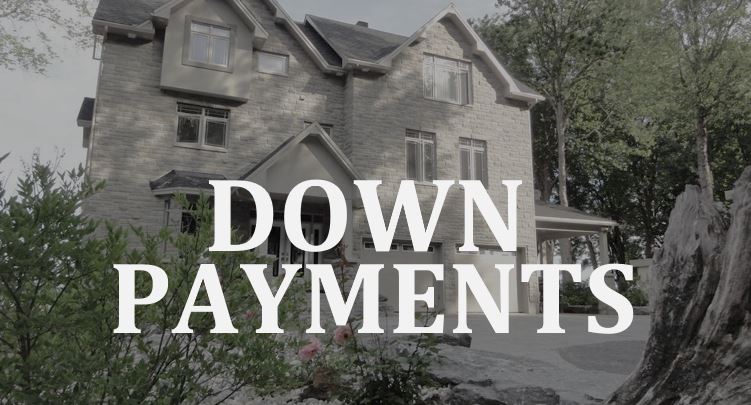by Sarah G. Mizrahi, Associate

How a child, and their parents, can keep gifted down-payments safe in a separation
Let’s start by pointing out the obvious: New homebuyers are facing a very different kind of social and economic landscape when buying their home.
The fact is, housing prices in many parts of Canada continue to rise rapidly. The Ottawa Real Estate Board reported in July 2017 that the average sale price for homes in Ottawa was up 8.8% to reach $434,500 in June, while prices for condominiums surged 9.4% to $289, 900.
It’s becoming more common for parents to gift money to their children to be used as a down-payment for a new home. Gifts from parents for such a purpose have soared between 2014 and 2016, doubling to now reach 15% of the homes bought in that time period, according to Mortgage Professionals Canada.
And one more statistic: Statistics Canada says that around 4 out of 10 married couples in Canada divorce. Why is this relevant? If the parental gift is poured into a down-payment for what will become a married couple’s matrimonial home, the spouse will be entitled to half of the home’s value after mortgage.
The result: half the down-payment gift is handed over to the soon-to-be ex-in-law.
So how can this gift be protected in the case of divorce or separation?
Form of the gift
First, it is useful to seek out legal advice as to how this gift should be made. One of the options is to have the gift take the form of a forgivable loan, since such a loan is not divided between the parties in an equalization. The parents can give the money to help with the down-payment, then forgive the loan at a later date.
Marriage contracts and cohabitation agreements
Basically, these contracts map out what would happen in the event of separation. If the cohabiting couple plans to get married later on, they can include a clause in a cohabitation agreement to rely on if a subsequent marriage ends.
Not only do these agreements give some peace of mind for what will happen generally if separation occurs, but they will significantly reduce costs and lawyer fees at time of separation because of the clarity they provide.
An added benefit is the need for the intended couple to disclose to each other their financial circumstances. Love may get them together but it is difficult financial circumstances and a lack of communication which might tear them apart. The fact of the financial disclosure has a salutary effect on the couple: they will understand the other’s financial circumstances better before they tie the knot which may reaffirm or alter wedding plans, all for the good in the end.
Separate accounts
Although a couple might be tempted to join all funds together for practicality’s sake, separate accounts for certain funds are still a good idea.
Gifts and inherited money that are not invested in a matrimonial home are usually protected from division with the ex-spouse at time of separation if they were not mixed with the spouse’s accounts.
However, keeping funds in a sole account helps demark that gift as belonging just to the sole account holding spouse.
All and all, try to make things as clear as possible regarding what belongs to whom or was meant for whom.
An ounce of prevention…
We won’t deny it: These are not enjoyable conversations to bring up with your soon-to-be married spouse. Some even say that planning for the possible demise of their relationship curses it to be doomed from the start.
We see it a bit differently. Basically, a marriage contract or cohabitation agreement or any other sort of planning in case of separation is like the home insurance on that new house the down-payment is for: you sincerely hope your house does not catch fire, but you’re covered if the whole thing goes up in flames. And in the process, you will learn about the other person in a way that is vital to survive as a couple.
This blog is provided for educational purposes only and should not be construed as specific legal advice. This blog should not be used as a substitute for competent legal advice from a licensed professional lawyer in your province.
